
HISTORY OF THE INSTITUTE OF ENVIRONMENTAL STUDIES – IDEA
DIRECTORS OF THE IDEA
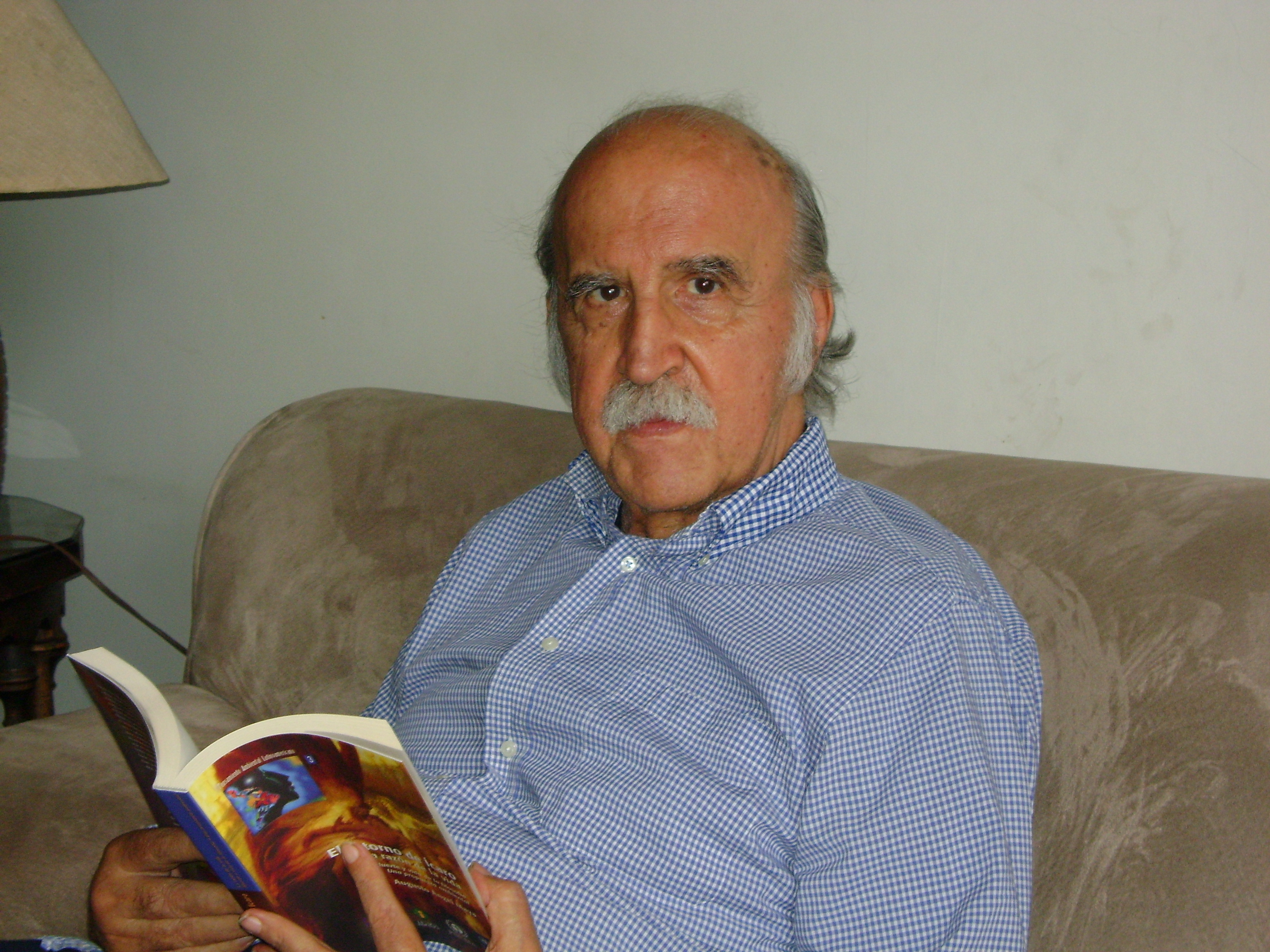
AUGUSTO ANGEL MAYA
1990-1993
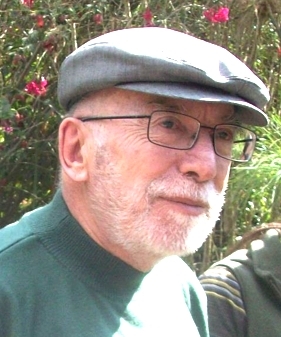
JULIO CARRIZOSA UMAÑA
1993-1998
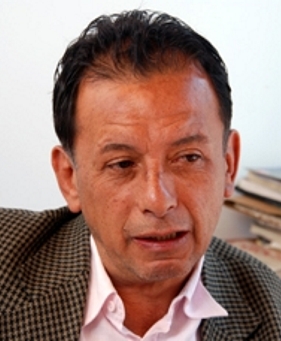
JAIRO SÁNCHEZ ACOSTA
1999-2001
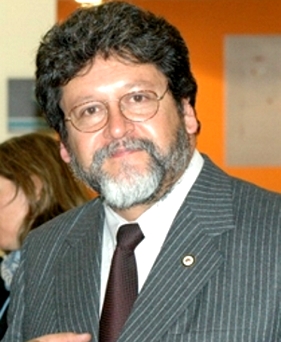
GERMÁN MÁRQUEZ CALLE
2001-2005
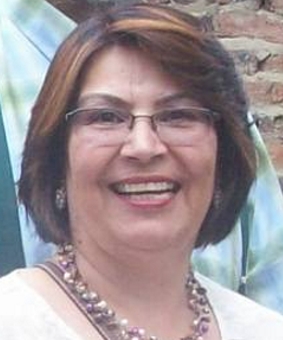
LAURA CECILIA OSORIO MUÑOZ
2005-2006
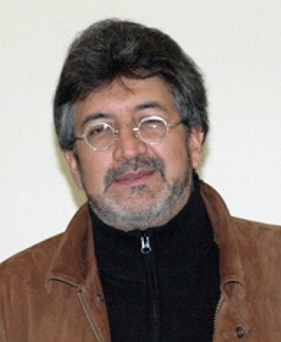
TOMÁS LEÓN SICARD
2006-2010
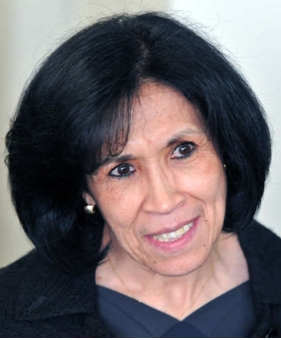
NOHRA LEÓN RODRÍGUEZ
2010-2014
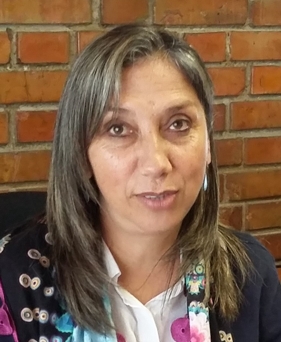
CARMENZA CASTIBLANCO ROZO
2014-
Historical Review
This section presents the history of the creation of the Institute of Environmental Studies (IDEA) by the Superior Council of the Universidad Nacional de Colombia in December 1989.
The creation of the IDEA is related to the International Seminar on Post-Secondary Education and Environment, promoted by UNEP and UNESCO and carried out in Bogotá in 1985. This event was supported by the Universidad Nacional de Colombia and Dr. Marco Palacios, who was back then the Chancellor of the University, expressed his commitment to the exploration of new ways of including the environmental perspective in the University's tasks. With this objective in mind he created a Committee for Environmental Studies, composed of teachers from the seats of Medellín, Manizales, Palmira and Bogotá, who participated voluntarily. This Committee was initially coordinated by Professor Alberto Saldarriaga from the Arts Faculty, who led internal consultations and promoted a series of conferences on environmental topics from different professions and perspectives.
One year later, Professor Saldarriaga was replaced by Professor Germán Márquez, who recommended directing the mission of this Committee towards the formulation of an environmental action proposal to be presented to the University's board. The result was the document "Proposal for an Environmental Policy at the Universidad Nacional de Colombia" and it encouraged the University to accept the commitment of incorporating environmental topics in the academic activities, starting with a wide reflection on the definition of the environmental issue and its relationships with other sciences and techniques. The document also proposed the foundation of a Center of Environmental Studies, which should lead the development of the Environmental Policy. The discussion of the document took almost three years and it also included the revision of other document called "Proposal for the creation of the Institute of Environmental Studies –IEA- of the Universidad Nacional de Colombia", in which the possibilities of the creation of this institute were analysed.
Several forums and work groups were organized in different faculties in order to discuss the documents and proposals. This work and the support of many professors, deans and Dr. Ricardo Mosquera (the Chancellor) finally neutralized some opinions that posed resistance to the creation of the Institute. This task was led by the Committee for Environmental Studies, which promoted the discussion and analysis of the documents in all the seats and achieved to obtain a more generalized approval. That is why the IDEA was conceived as the first inter-seats (i.e., integrated by several seats of the University) Institute.
The initial purpose of the IDEA (reflecting on the environmental issue in post-secondary education) was delayed in order to respond to the social demands for answers to environmental questions.
The Superior Council approved the Agreement for the foundation of the IDEA in December 1989 and the launch took place in Leticia. Sometime later Professor Augusto Ángel Maya was designated as the first Director, whose main task was starting the work of the Institute. The creation of the IDEA was official two years after facing some difficulties. The official date of its creation was February 1991 thanks to a hard effort, whose results we enjoy today.
The work of the IDEA in its first years
The IDEA was created through the Agreement 127 of December 28 1989 (modified by the Agreement 46, charter 10 of June 27 1990) by the University's Superior Council. As mentioned above, this was the result of the work made by a group of professors from all the seats of the University, who integrated the Committee of Environmental Studies. This Committee was designated by the University with the purpose of advising the incorporation of the environmental perspective in its work. This was a response to the growing importance of the environmental issues at the time and to the preparation of the Seminar on Post-Secondary Education and Environment, which took place in 1989 with the support of the University.
The IDEA was conceived as the first inter-faculties and inter-seats Institute of the Universidad Nacional de Colombia, with presence in the seats of Medellín, Manizales, Palmira and Bogotá, and focused on teaching, research and extension activities. An important task developed by the IDEA during its first years of existence was the collaboration in the creation of the National Environmental System (SINA, for its initials in Spanish), which was later managed by the Ministry of the Environment (following the Law 99 of 1993). Another significant contribution was the advice given for the formulation of the environmental policy in the framework of the National Development Plan 1994-1998, which was the first to incorporate the environmental issue in the national policies. The IDEA contributed with policies about water, strategic ecosystems, environmental education, clean production and urban issues (the latter was a new approach since all the environmental concerns tended to be focused on rural areas). Several urban environmental studies developed by the IDEA in Bogotá, Manizales and Medellín were the foundation of that contribution. Subsequently, the Institute also worked in the development of the Urban Environmental Management Systems (SIGAM, for its initials in Spanish), which were later implemented by the Ministry of the Environment for the development of the urban environmental policies. The IDEA also worked with the Institute of Hydrology, Meteorology and Environmental Studies of Colombia (IDEAM, for its initials in Spanish) in the methodological development for the integrated management plans for basins (POMCA, for its initials in Spanish).
The aforementioned contributions of the IDEA during its first years led to its academic consolidation and the strengthening of its prestige as a consultant entity for the country's environmental matters.
With regard to research, the Institute participated in an important project, which was pioneer in the exploration of Colombia's environmental history: "Nature in Dispute". The contribution was focused on topics such as changes on vegetal covers and transformation of ecosystems, also taking into account its historical causes. These studies were continuous and led to several researches about the relationships between environment, poverty and violence. This resulted in research lines focused on the territory and also in a vision of the country's complexity.
The research, teaching and advice activities have been captured in publications in order to spread and socialize its results, which correspond to one of the main purposes of the IDEA: construction of knowledge and environmental thought, and their incorporation in the mission of the University. The IDEAS book series is a result of this task and to the present it has more than 20 published issues. The interdisciplinary work has also been promoted throughout the Institute's activities because it is necessary for the progress of the environmental studies and it must articulate the work developed by several disciplines around the complex topic of the society's relationships with its surroundings.
The first chairs of faculty specialized in environmental topics were also part of this process. They constituted a complement to the traditional lectures on ecology, geography or engineering. The first environmental chair of faculty was called "Augusto Ángel Maya", in honour of one of the professors that contributed to the Institute's creation, and to the consolidation of the Colombian and Latin-American thought.
These milestones of the IDEA's history led to its fast positioning not only as a pioneer institution, but as the first academic entity dedicated to the environmental matters in Colombia.

